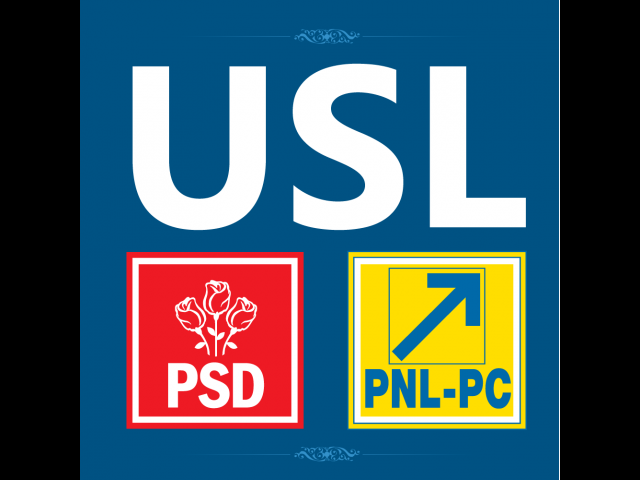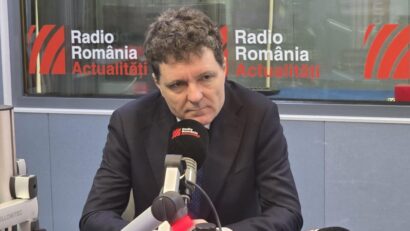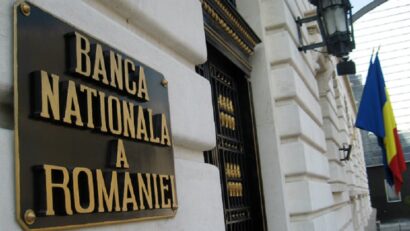The collaboration within the ruling coalition
Post-communist Romania does not have a tradition of long-lasting political associations. Apparently invulnerable in opposition, all alliances and coalitions begin to crack once they are in power. The egos of their leaders, the divergent interests of the individual parties and their ideological incompatibilities, as well as the competition over the distribution of benefits towards political allies leading to early and resounding splits within these coalitions. This is the case, at least, with the Democratic Convention in the late 1990s and the Alliance for Justice and Truth more recently.

Bogdan Matei, 10.01.2014, 13:16
Post-communist Romania does not have a tradition of long-lasting political associations. Apparently invulnerable in opposition, all alliances and coalitions begin to crack once they are in power. The egos of their leaders, the divergent interests of the individual parties and their ideological incompatibilities, as well as the competition over the distribution of benefits towards political allies leading to early and resounding splits within these coalitions. This is the case, at least, with the Democratic Convention in the late 1990s and the Alliance for Justice and Truth more recently.
The ruling Social Liberal Union doesn’t look like it has better chances of staying together. The Social Democratic Party and the National Liberal Party formed this coalition based on their shared aversion to president Traian Basescu and the highly unpopular governments dominated by the pro-Basescu Liberal Democratic Party. Merged in one coalition, the two parties came to power in the spring of 2012 and at the end of the same year won the parliamentary elections with a landslide 70% majority.
In theory, the Social Democrats and the Liberals are supposed to rule the country together until 2016, but latest conflicts might lead to an early split. The Social Democrats are suspecting their coalition partners, the Liberals, of having a secret deal with the Liberal Democrats in opposition. They also accuse the Liberal leader Crin Antonescu of being too friendly with President Basescu. Given their partners’ suspicions, the Liberals have announced that they want to revise the Social Liberal Union’s protocol in order to improve relations within the ruling coalition. Crin Antonescu:
“The end of the year left behind the general feeling of a dispute and it’s our duty to fix what can be fixed, clarify what can be clarified and if possible, move forward. “
The Social Democrats’ spokesman, Catalin Ivan, has welcomed Antonescu’s idea saying that a possible revision of the protocol may be in his party’s interest:
“The ratio between the main parties that make up the Social Liberal Union is 2 to 1. Given the situation on a local level, in Parliament and in opinion polls, I think it’s a good idea to discuss again the principles on which the ruling coalition is founded.”
Mostly sceptical about the future of the Social Liberal Union, pundits believe that, irrespective of the outcome of the negotiations on the new protocol, the union is likely to split before the end of the year. The two parties will run on separate lists at the europarliamentary elections in May, while in November’s presidential elections, although Crin Antonescu is the Union’s official candidate, everybody thinks his main competitor will be the Social Democratic leader Victor Ponta.






























